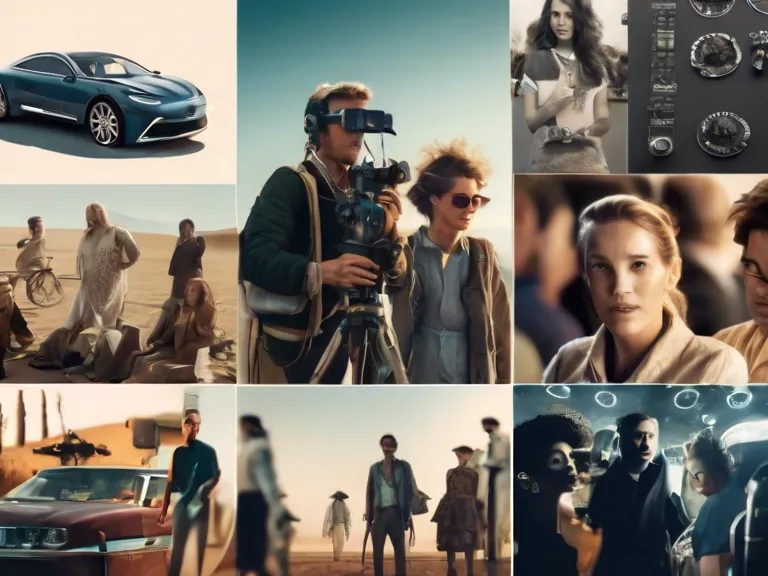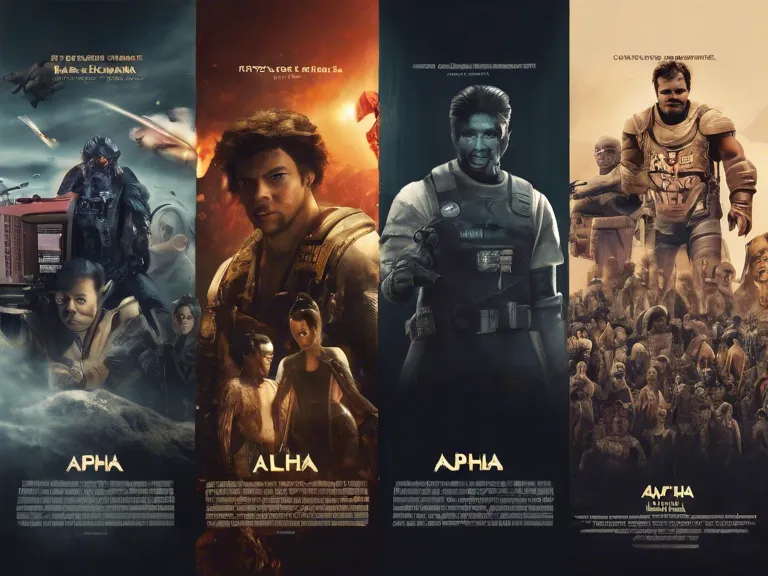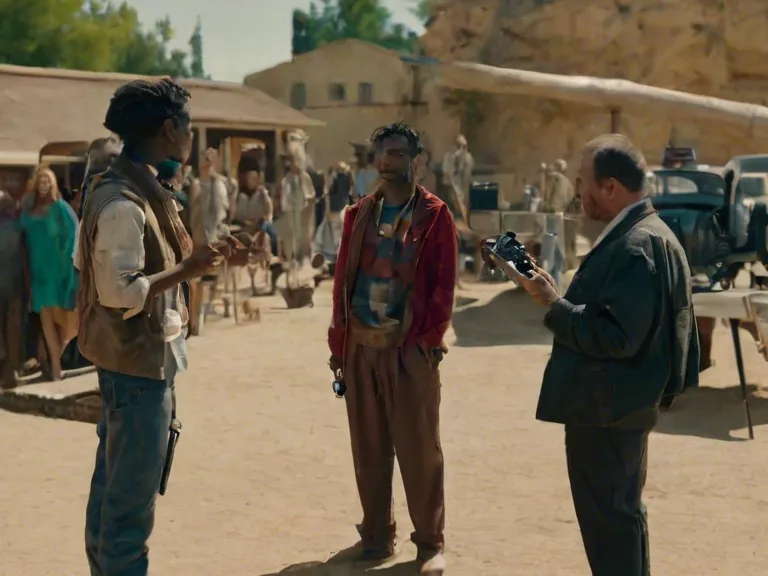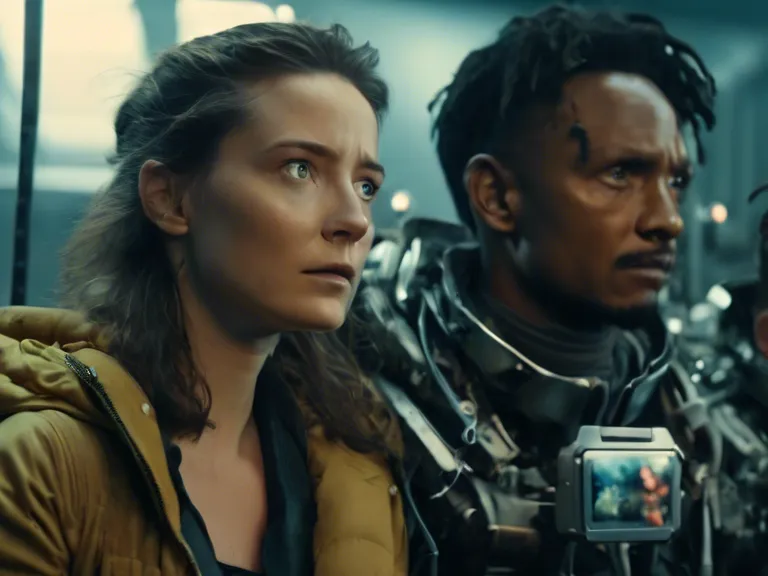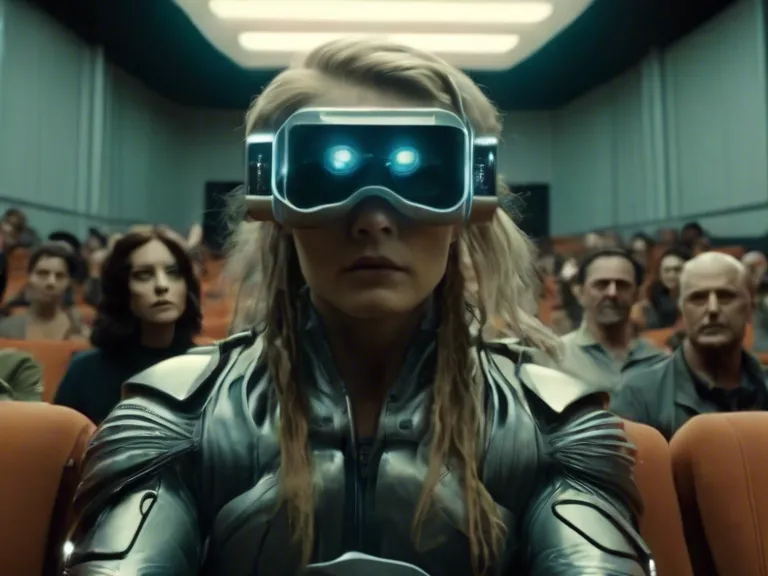
With advancements in technology and society, the way we live, work, and interact with each other is constantly evolving. This shift towards a new future lifestyle is not only portrayed in real-world developments but also reflected in modern cinema. From futuristic cities to virtual realities, filmmakers have been offering audiences a glimpse into what life may look like in the years to come.
One common theme in sci-fi films is the idea of a dystopian society, where the future is bleak and filled with despair. Movies like "Blade Runner" and "Mad Max: Fury Road" paint a picture of a world where resources are scarce, and survival is a daily struggle. These films serve as a warning about the consequences of environmental destruction and unchecked technological advancement.
On the other end of the spectrum are films that depict a utopian future, where society has found harmony and balance. Movies like "Her" and "WALL-E" show a world where technology has enhanced our lives and brought us closer together. These films explore the possibilities of a future where artificial intelligence and automation have liberated us from mundane tasks, allowing us to focus on personal growth and relationships.
There are also films that blend reality with virtual worlds, showcasing the potential of immersive technologies like virtual reality and augmented reality. Movies like "Ready Player One" and "The Matrix" explore the idea of escaping into a digital realm, where anything is possible. These films raise questions about the impact of technology on our perception of reality and identity.
Overall, modern cinema offers a diverse range of interpretations of future lifestyles, from dystopian nightmares to utopian dreams. By watching these films, audiences are encouraged to think about the choices we make today and how they may influence the world we live in tomorrow.
